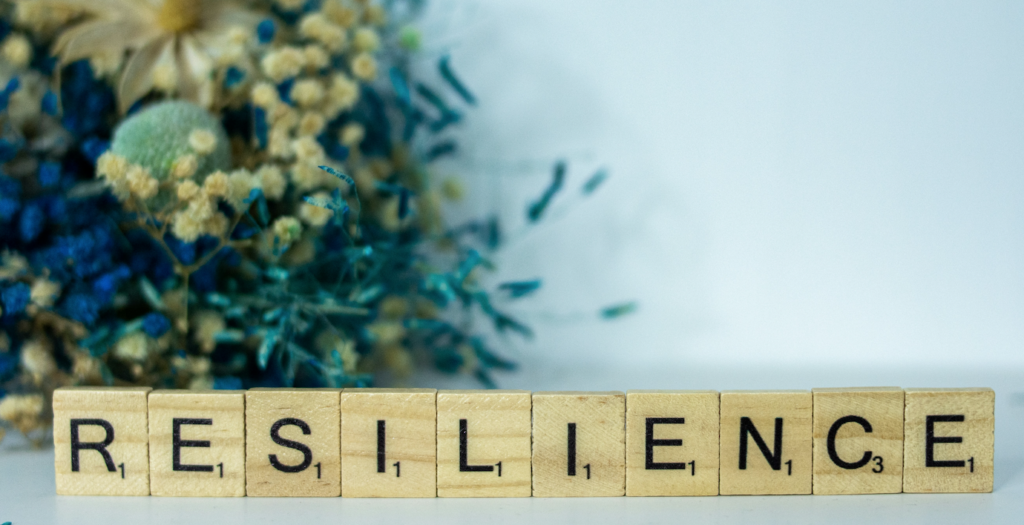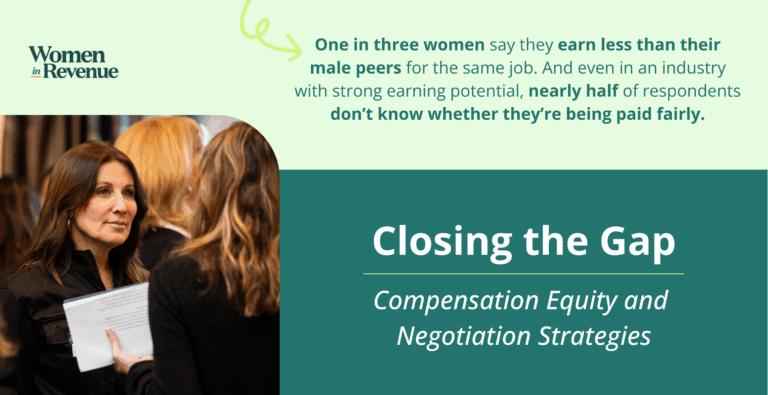Resilience isn’t just a buzzword – it’s the foundation of success in every aspect of life, from career achievements to personal relationships to mental wellbeing.
Resilience is the ability to adapt in a positive way to a challenge. It’s often described as “bouncing back” in the face of adversity.
Some believe resilience is an innate trait, but the truth is, it’s a skill that can be developed and strengthened over time.
This article shares strategies for building your own resilience toolkit through the stories of three remarkable women navigating the professional world.
So whether you’re currently facing overwhelming challenges or simply want to prepare yourself for future obstacles, these three battle-tested approaches will help you not just survive tough times, but also inspire you to achieve your goals.
Tool #1: Adopt a Learner’s Mindset
When Canva founder Melanie Perkins set out to disrupt the publishing industry, then dominated by Adobe and Microsoft, people told her she was completely mad.
With a $50K investment from friends and family and no technology background, Perkins traveled from her home in Australia to pitch investors in San Francisco in 2010.
A natural introvert, Perkins pitched her business plan to anyone who would listen, but after more than 100 failed pitches, and an expiring tourist visa, Perkins returned home.
“One of the wonderful things about this experience is that I didn’t know a lot of things going into it. Learning every single day as you go has actually been one of the most critical parts. If I knew all of the lessons that I’ve had to learn over the last 12 years, I would have been incredibly intimidated and potentially not even wanted to start.”
Melanie Perkins: Cofounder, Canva
How I Built This with Guy Raz, Episode 321
During these challenging years, Perkins developed resilience by adopting a learner’s mindset, one she refers to as ”just-in-time” learning. Perkins says, “When you don’t know what you don’t know, you can’t really be afraid of it.”
One year later, Perkins returned to San Francisco, once again pitching investors. When she got a really hard question she couldn’t answer, she would research and put the information at the front of her deck, ready for the next pitch.
Eventually, Perkins secured a seed round that was later matched by a grant from the Australian government. Canva launched in 2013 with more than 50,000 users on the waiting list, eager to try the platform.
“Every single day, right from the start, has been a learning curve. At every single stage, there have been things to learn.”
Melanie Perkins: Cofounder, Canva
How I Built This with Guy Raz, Episode 321
Tips for Developing Resilience Through a Learner’s Mindset
- Practice Curiosity and Ask “What’s Next?”: This proactive approach keeps you focused on possibilities and growth, helping you navigate difficulties with optimism and creativity.
- Adopt a Feedback-Oriented Attitude: Seek constructive feedback from trusted peers or mentors. Viewing feedback as a tool for growth rather than criticism builds resilience.
- Embrace Challenges as Opportunities for Growth: Instead of viewing setbacks or obstacles as failures, approach them as valuable learning experiences.
Tool #2: Use Tragedy as Fuel for Change
In 2007, Nancy Twine stepped into what seemed like a perfect life: a fresh graduate from UVA, working her dream job as a trader at Goldman Sachs in New York.
Like many young professionals, she poured herself into the role, working nights and weekends, determined to make herself indispensable.
Then came the devastating news that would reshape her world: her mother, a family physician, was killed in a tragic car accident. The sudden loss forced Twine to step back from her career, taking a two-month break to grieve and reflect on her own path.
“After the experience of losing my Mom so suddenly, and realizing that this life isn’t necessarily promised to me either, I knew that whatever I was going to do, I wanted to wake up every day and be excited about going into the office,” Twine recalls.
Growing up, Twine and her mother made their own hair care products in their kitchen. So, after researching the industry, Twine envisioned creating a line of clean, natural shampoos and conditioners.
“It was the first time that I truly realized that this life is not promised to anyone and we owe it to ourselves to find our happiness, to pursue our passions, and to make the most of this life because it’s so so fragile.”
Nancy Twine: CEO of Briogeo
How I Built This with Guy Raz, Episode 262
Returning to Goldman Sachs, Twine now spent her nights writing business plans and using PTO to meet with manufacturers.
The path wasn’t easy. As an African American entrepreneur pitching natural beauty products to investors, she struggled to raise money. Finally in 2013, with an initial investment of $100K, Twine launched Briogeo.
The brand’s breakthrough came when it landed on the shelves of Sephora.
Tips for Developing Resilience in the Midst of Tragedy
- Channel Grief into Purposeful Action: Use the emotional energy from tragedy as a catalyst for creating something meaningful.
- Redefine Priorities and Pursue What Matters Most: Use tragedy as a chance to reflect and focus on what truly brings you fulfillment and joy.
- Embrace Resilience as a Process, Not Perfection: See resilience as adapting and growing through hardship, not striving for perfection.
“The project and process of building Briogeo really became a therapy for me. I needed to take that energy and pour it into something positive.”
Nancy Twine: CEO of Briogeo
How I Built This with Guy Raz, Episode 262
Tool #3: Don’t be Afraid to Start Over
As a young girl in the 1960s, Kathleen King baked cookies and sold them at the family farm stand on Long Island.
After graduating from college, King returned to her hometown and started “Kathleen’s Bake Shop,” developing recipes on a larger scale. During the off season, King pitched her cookies to stores in Manhattan, expanding her business by word of mouth. For years, King worked 18-hour days, six days a week.
When asked what kept her going, King says, “I didn’t have a fear of failure. I just had more of the fear of saying, ‘I can’t do this’.”’After years of hard work and wanting more personal time, King brought in two partners, effectively selling two-thirds of her business. In a devastating turn of events, the partnership failed and King was fired. She watched the business she built dissolve into litigation.
“It was very draining. Opposed to rage and bitterness and all of that, I walked around in a little bit of shock. Every emotion was stripped down to the bone. I don’t know what I had left in me, truthfully. I couldn’t go get a job anywhere else because I didn’t know how to do anything else. I didn’t have a choice but to start again.”
Kathleen King: Founder of Tate’s Bake Shop
How I Built This with Guy Raz, Episode 190
However, through a courageous act of resilience, King starts over, developing a second cookie brand called “Tate’s Bake Shop.”
King says, “starting Tate’s was about surviving.” Armed with a new business plan and an exit strategy, King set a goal to grow big, sell at age 55, and retire.
At a jaw-dropping 30% growth per year, King ultimately sold 80% of Tate’s Bake Shop in 2014 for $100 million.
“This time around, I was going to do everything right. I wasn’t going to leave a penny on the table.”
Kathleen King: Founder of Tate’s Bake Shop
How I Built This with Guy Raz, Episode 190
Tips for Developing Resilience When Starting Over
- Embrace the Fear, Not the Failure: Fear of failure is natural, but let it fuel determination instead of doubt. Focus on what you can do.
- Learn to Adapt: Every setback is an opportunity to rebuild stronger. Refine your approach and create a better strategy the second time around.
- Set Clear Goals with a Plan: Resilience is not just about survival—it’s about thriving with purpose. Define what success looks like and create actionable steps.
Turn Challenges into Stepping Stones
Resilience is a powerful force that can turn challenges into stepping stones for success.
From adopting a learner’s mindset to channeling grief into purpose or bravely starting over, the stories of these remarkable women remind us that resilience is a skill we can all cultivate.
And remember, no matter where you are in your journey, you don’t have to face it alone.
Consider adding one more powerhouse to your resilience toolkit: Join the Women in Revenue community—a supportive network of women who empower each other to overcome obstacles, grow, and thrive.




